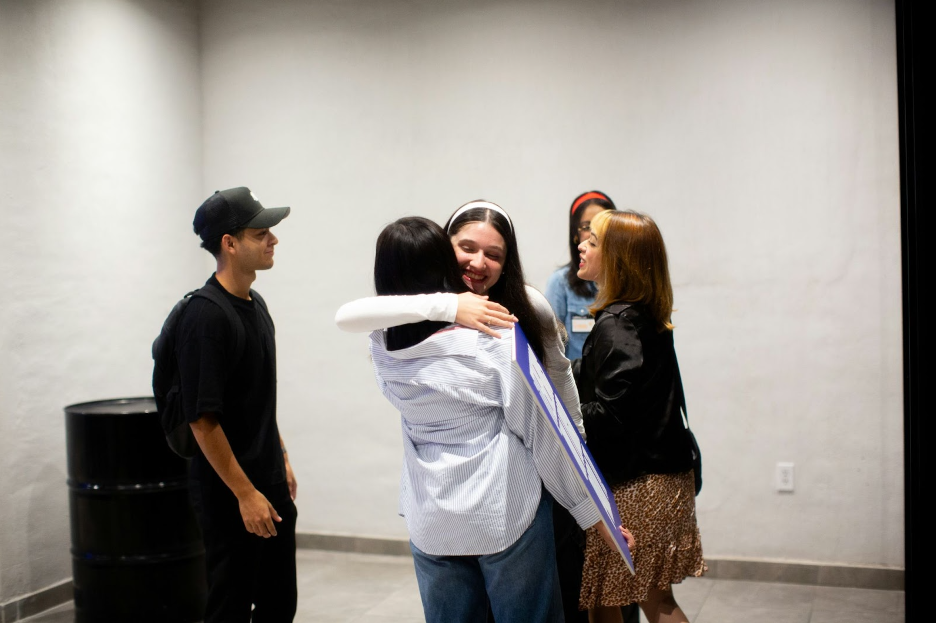Setting the Tone for Success: The Impact of First-Day Experiences in Higher Education
The first day of college is a rite of passage, a moment that marks the beginning of a new chapter in a student’s life. It’s a day filled with excitement, nervousness, and anticipation. Yet, it’s more than just a day; it’s the foundation upon which an entire academic journey is built. The initial experiences and interactions students have on their very first day can profoundly influence their entire college experience. In this article, we’ll dive into how these crucial first moments set the tone for success throughout the academic journey.
The Power of First Impressions
They say you never get a second chance to make a first impression. This saying holds true in the world of higher education. The first day of college is the moment when students form their initial impressions of the institution, its faculty, and their peers. These impressions can shape their attitudes, expectations, and motivations throughout their academic journey.
On the first day, students are often met with a cluster of welcoming activities, from orientation sessions to campus tours. These interactions with faculty, staff, and fellow students play a crucial role in helping them feel a sense of belonging and inclusion. A warm and inviting atmosphere on day one can instill a positive perception of the institution, making students more likely to engage and thrive.
Building a Sense of Belonging
The first day serves as the cornerstone for building a sense of belonging. Students who feel like they are part of a community are more likely to persist in their academic pursuits. The initial interactions with peers during icebreaker activities, or through simple acts of kindness, can lead to the formation of long lasting friendships and support networks that endure throughout college.
Moreover, the relationships students form with faculty members from the outset can influence their academic engagement. A welcoming and approachable faculty fosters an environment where students feel comfortable seeking help, asking questions, and actively participating in class. These interactions set a positive precedent for future interactions, impacting students’ attitude toward their studies.
Orientation Programs: The Catalyst for Engagement
Orientation programs have a pivotal role in shaping first-day experiences. They serve as a structured introduction to the campus, academic resources, and the broader college community. An effective orientation program provides a comprehensive overview of the college’s offerings, from academic advising to extracurricular activities.
Such programs offer an opportunity for students to engage in team-building activities and socialize with peers, fostering a sense of connection from day one. They also provide guidance on academic expectations, making students feel prepared for the challenges to come. This early exposure to the resources and opportunities available can set a positive tone for the academic journey and inspire students to explore all their interests.
Overcoming Challenges from the Start
For many students, the transition to college can be daunting. The first day is the ideal time for addressing these concerns and providing the necessary support. Academic institutions that acknowledge and tackle these challenges head-on create a supportive environment that encourages students to overcome obstacles.
Support services, such as academic advising and counseling, should be readily accessible from the beginning. Students who encounter challenges on the first day and receive timely assistance are more likely to persist in their studies and feel supported throughout their journey.
Fostering a Growth Mindset
The first day can also serve as a platform for instilling a growth mindset, which is the belief that abilities and intelligence can be developed through dedication and hard work. Faculty and staff who communicate high expectations and a belief in students’ potential can inspire a growth mindset from day one. This mindset can have a profound impact on a student’s approach to learning and challenges, encouraging resilience and a desire to continuously improve.
In conclusion, the initial experiences and interactions students have on their first day of college are instrumental in shaping their entire academic journey. These early moments set the tone for their perception of the institution, the formation of support networks, and their attitude toward learning. It is the responsibility of academic institutions to ensure that the first day is a welcoming, inclusive, and supportive experience, providing students with the foundation they need to thrive throughout their time in higher education. By fostering positive first-day experiences, colleges and universities can help students embark on their academic journey with confidence and enthusiasm.





























